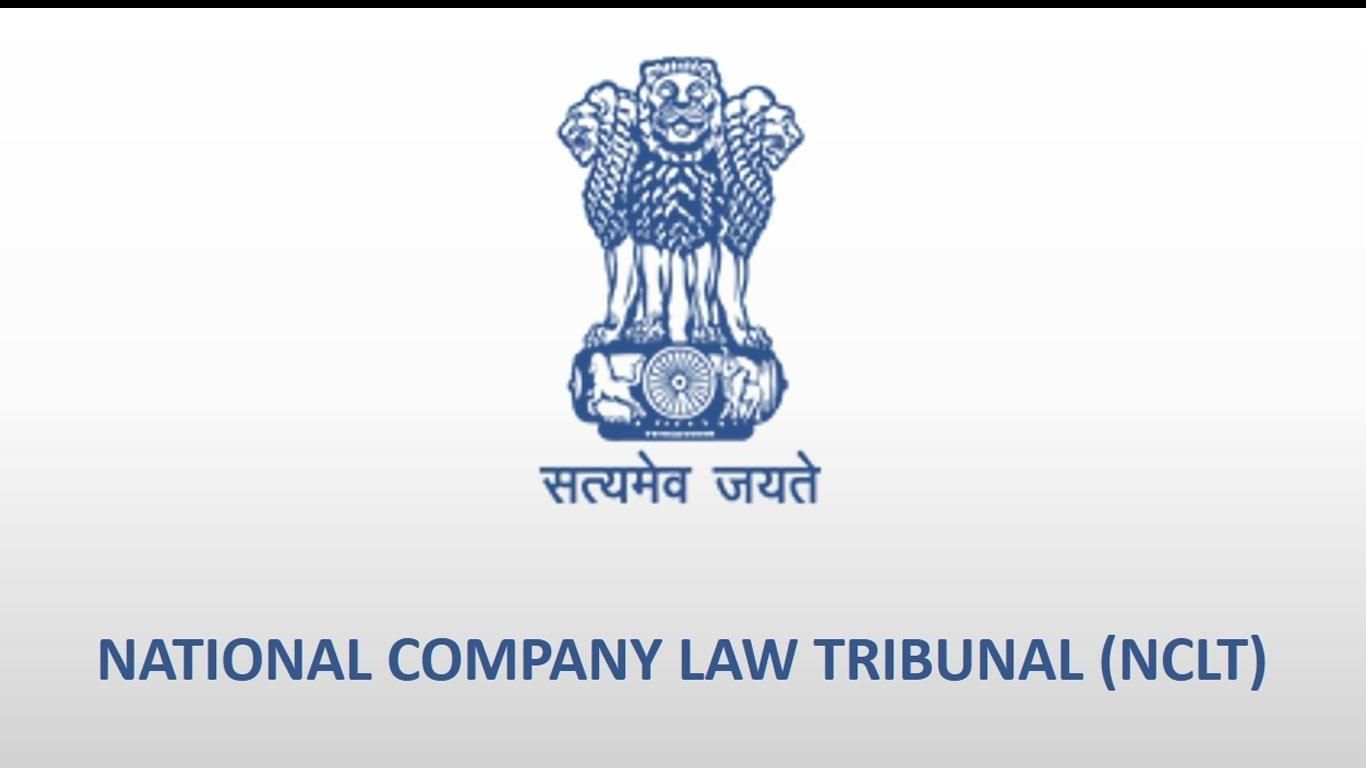Introduction
Do the words ‘corporate litigation’ run an electric wave down your spine? Are you willing, ready and excited to bungee jump into the arena of corporate battles?
Or are you a ‘never give up’ justice seeker hell bent on getting shareholders their rightful dues from the management?
Are you an experienced litigator in different areas, but are now tilting towards corporate litigation? Are you finding that clients who come to you for corporate consultancy and compliance work now need someone to represent them before a forum for insolvency/amalgamation matters, and you need to know how to help them?
If you are in any of the above spaces, you will move towards National Company Law Tribunal (NCLT) litigation.
The NCLT is a uniquely placed tribunal, since it performs the dual role of a Tribunal under the Companies Act, 2013 and the Adjudicating Authority under the Insolvency and Bankruptcy Code, 2016. Within a short span of time since its formation in 2016, there are 16 benches of NCLT established in India. There are 6 benches at Delhi (one being the Principal Bench), one at Allahabad, one at Bengaluru, two at Ahmedabad, five at Mumbai, two at Chennai, one at Chandigarh, one at Cuttack, one at Guwahati, one at Kochi, one at Jaipur, three at Hyderabad and two at Kolkata.
Two more benches are proposed at Amravati and Indore. This shows the quantum of matters handled by this forum. Some benches like Mumbai and Delhi are extremely busy with judges of each court hearing some 50-60 matters daily.
The demand for professionals who understand the proceedings under the Insolvency and Bankruptcy Code, 2016 (IBC) is slated to increase consistently, particularly in a downward trend economy, where generating revenue keeps becoming more and more difficult, resulting in payment defaults.
The two main areas for practice under the IBC, from a legal perspective, are being an Insolvency Resolution Professional (IRP) and representing clients before the NCLT.
Both the Institute of Company Secretaries of India and the Institute of Chartered Accountants of India have set up their own Institute of Insolvency Professionals (IIPs) to train their members to function as IRPs, thus increasing the competition in this sphere.
In representing clients before the NCLT however, the lawyers have an edge because the other two professions (CA/CS), though permitted to represent clients before the NCLT, do not have a track record of being trained in court craft.
Insolvency matters have seen a great surge and on opening the cause list of any of the NCLTs located throughout the country, you will see that section 7/section 9 applications under the IBC kind of dominate the list. This priority is especially required since unlike other matters, insolvency matters need to be dealt with, within a specified deadline.
Before the NCLT came into being, matters like amalgamation and capital reduction were already being dealt with at the High Court level, where only advocates could represent the clients.
Moving these matters to the NCLT has not only increased the avenues for CA/ CS, but also junior lawyers, who would face a bout of nervousness at the mention of High Court proceedings. Tribunals do not seem so intimidating.
Matters under the jurisdiction of the NCLT in the Companies Act, 2013 include amalgamations and mergers, which have a steady flow of work, whatever be the status of the economy.
Consider this: in a downward treading economy, companies will be looking to get merged to reduce operational costs and acquirers may also be able to buy businesses for cheap, thus increasing the amalgamations and mergers. Further, maintaining multiple entities in a group structure may become expensive, resulting in restructuring and amalgamations. Where it is a booming economy, investment will abound and there may be demergers to facilitate investment in specific businesses. Further, entities may look to amalgamate and increase their market share by synergising operations.
Oppression and mismanagement matters also tend to exist in all economic situations as difficult economic situations may result in creating rifts between family members or friends who may otherwise be working in harmony with each other and bring them to mismanagement.
In an upward facing economy, where the valuation of a company is high and it is cash rich, greed may raise its ugly head, thus resulting in one of the shareholder groups trying to oppress each other. The stakes in oppression and mismanagement matters also tend to be higher.
It can be fulfilling on all counts: you would need to put in all your skills and understand the facts and circumstances and apply the law and precedents to specific cases, you can be securing a justice for a shareholder who was unfairly treated and the payoff will be good since the value of shares involved can be high.
Who should take this course?
This course is tailor-made for a wide range of individuals who want to excel in the field of National Company Law Tribunal (NCLT) Litigation
Here's a closer look at who can benefit:
- Commercial Litigators: If you're a legal professional specializing in commercial law, this course will refine your understanding of NCLT procedures, giving you an edge in navigating complex corporate disputes.
- Independent Practitioners Building a Tribunal Practice: For independent practitioners aiming to establish a thriving tribunal litigation practice, this course provides invaluable insights, strategies, and practical know-how.
- Corporate Lawyers Handling Disputes: Corporate lawyers engaged in dispute resolution will benefit greatly from this course. It offers a focused approach to handling NCLT cases efficiently and effectively.
- Chartered Accountants and Company Secretaries: For CA and CS professionals aspiring to represent clients in NCLT matters, this course is indispensable. It imparts legal expertise, enabling you to confidently argue cases before the Tribunal.
- Law Students and Aspiring Corporate Lawyers: If you're a law student or a budding lawyer eager to join a corporate law firm's commercial litigation team, this course serves as an essential stepping stone. It equips you with practical skills and in-depth knowledge to excel in this competitive field.
Can I get remote freelance work after doing this course?
At LawSikho, we have two types of students: those who already possess good legal skills and those who are in the process of learning. We believe in enabling our learners to start earning from their knowledge without delay.
For students who possess advanced legal abilities, we provide chances to delve into criminal litigation and trial advocacy. This includes learning about presenting cases in court, handling criminal matters, and practicing trial techniques.
You'll gain insights into the legal procedures involved in criminal cases, how to support litigation, and strategies for effectively representing clients in trials.
However, we understand that acquiring professional-level skills takes time. For those who are still developing their legal skills, we provide alternative work opportunities such as writing articles, conducting research, legal transcription, data entry, law firm administration, social media management, and more. Some students even engage in tasks like voice-over work, data compilation, translation, and virtual assistance.
We have established a dedicated team that actively pitches to organizations in the US to help LawSikho students find remote work.
We have set up a US entity to bridge the trust gap between US legal professionals and an organization operating from India.
We focus on getting learners their first three clients, guiding them in crafting impressive proposals. By the time they secure these initial clients, learners become well-adjusted to the process and can independently attract more clients.
They build their CVs and profiles with real work experience and testimonials, opening doors to numerous opportunities.
Getting started is often the hardest part, but at LawSikho, we make the process frictionless. We have witnessed law students earning well over $1000 per month.
Some students have earned $500 in their first month as a side gig. We have students who, after a year, now earn $10,000 per month. While some may start with $300, they make progress by learning new skills, improving their profiles, and pitching for higher-paying work.
Between April 2021 and June 2023, we created over 21000+ opportunities for our learners, resulting in thousands of students securing freelance work. The total value of work secured amounts to over $3,30,000 (Approx INR 2.7 Crore). Additionally, hundreds of individuals found employment, and secured internships.
Please note that these numbers represent the initial gigs facilitated directly by us or those on which we actively collaborated with the learners. Students have also secured additional work beyond our tracking.







 Key Highlights
Key Highlights




















 ADDICTIVE LEARNING TECHNOLOGY LIMITED
ADDICTIVE LEARNING TECHNOLOGY LIMITED











